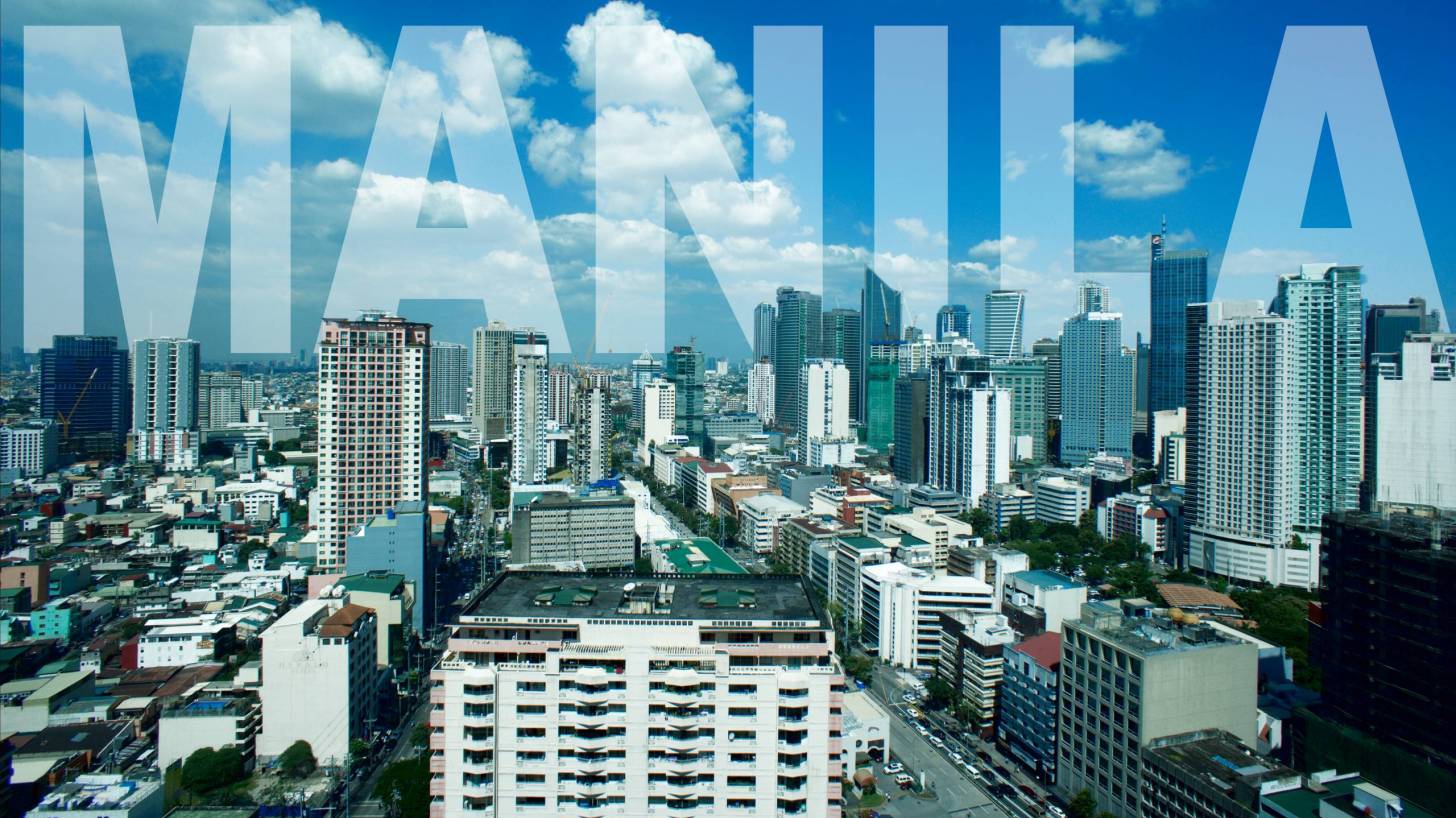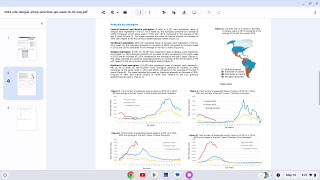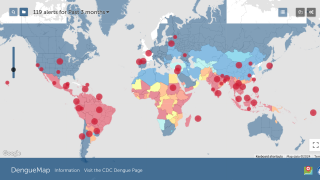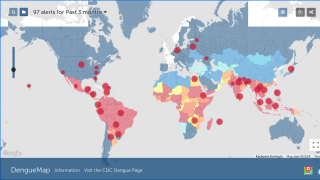Filipino Vaccine Confidence Fades Following Dengvaxia Scare

During November 2017, it was announced that the new dengue vaccine, Dengvaxia, had risks for those not previously exposed to the dengue virus.
This is because the dengue virus has 4 strains, and infection with 1 strain does not provide protection from another.
With cases in the Philippines rising from 2012-2015, it was hoped an immunization campaign with the Dengvaxia vaccine, licensed in December 2015, would stem the spread.
Dengue is a viral infection spread mainly by the bite of the Aedes aegypti mosquito, which is widespread around the Southern Hemisphere. Symptoms include fever, headache, and pain in joints and muscles.
In some cases, dengue symptoms can be more severe and lead to death, says the World Health Organization.
While some countries proceeded with adjusting guidance accordingly, the Philippines reacted with outrage and political turmoil with naming and shaming of government officials involved in purchasing the vaccine, as well as scientists involved in the vaccine trials and assessment, reported Phil Star Global.
The result has broken public trust around the dengue vaccine, as well as created anxiety around vaccines in general.
The Vaccine Confidence Project measured the impact of this crisis, comparing confidence levels in 2015, before the Dengvaxia incident, with levels in 2018.
Led by the London School of Hygiene & Tropical Medicine (LSHTM), the study of 1,500 participants revealed a dramatic drop in vaccine confidence, from the majority (93%) "strongly agreeing" that vaccines are important in 2015 to a third (32%) in 2018.
The researchers say the findings highlight the importance of identifying gaps or breakdowns in public confidence in vaccines in order to rebuild trust before a pandemic strikes.
Lead author Heidi Larson, Ph.D., Director of the Vaccine Confidence Project, said in a press release, "The Sanofi announcement was a spark that fuelled the flames of underlying political ferment in the Philippines.”
“Health authorities and immunization programmes cannot solve political tensions.”
"We cannot wait until pandemics strike, but make trust-building an ongoing effort, preparing the ground for the next 'big one', when trust and cooperation will be key to containing the spread of disease and mitigating its health and societal impacts," said Dr. Larson.
Our Trust Standards: Medical Advisory Committee
- Questions and Answers on Dengue Vaccines
- Philippines’ ‘highly politicized’ response to Dengvaxia mess erodes public trust in vaccines — study
- Vaccine Confidence Project
- Dramatic drop in public confidence after Philippines dengue vaccine controversy
- Vaccine confidence plummets in the Philippines following dengue vaccine scare: why it matters to pandemic preparedness
- Dengue Vaccination Pre-Testing Reaffirmed


























